content regulation
Filter by...
-
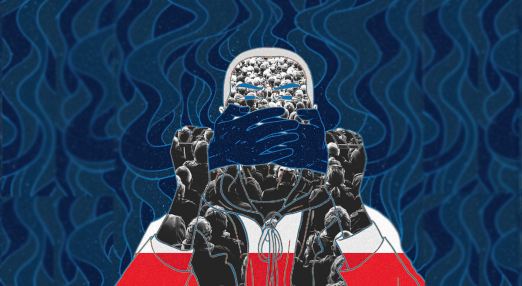
Polish law on “protecting the freedoms of social media users” will do exactly the opposite
EDRi member Panoptykon Foundation carefully analyses the Polish law on “the protection of freedoms of social media users” which turns out to introduce data retention, a new, questionable definition of “unlawful content”, and an oversight body that is likely to be politically compromised.
Read more
-
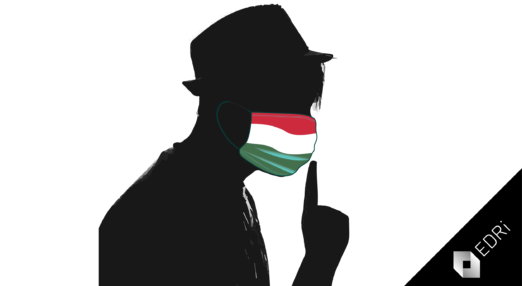
Hungary: “Opinion police” regulate Facebook commentaries
There have been a number of critical news reports from around the world stating that Hungary’s COVID-19 state-of-emergency legislation is “creating a chilling effect”. Such headlines miss the mark somewhat, as chilling effects are far from new.
Read more
-
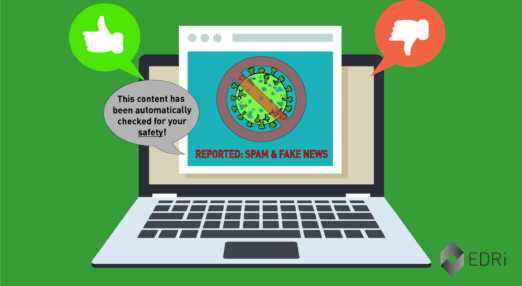
COVID-Tech: COVID infodemic and the lure of censorship
In EDRi's series on COVID-19, COVIDTech, we will explore the critical principles for protecting fundamental rights while curtailing the spread of the virus, as outlined in the EDRi network's statement on the virus.
Read more
-
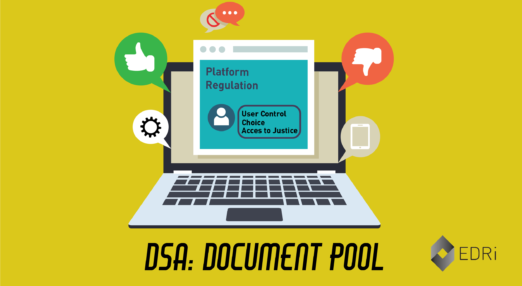
Digital Services Act / Digital Markets Act: Document pool
The DSA-DMA package will affect how intermediaries regulate and influence user activity on their platforms, including people's ability to exercise their rights and freedoms online. It also aims at limiting the abuse of power by very large and gatekeeper platforms.
Read more
-
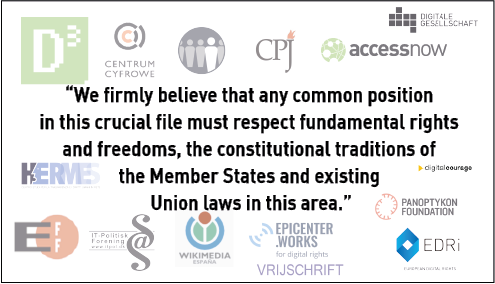
Open letter: Civil society urges Member States to respect the principles of the law in Terrorist Content Online Regulation
On 27 March 2020, European Digital Rights (EDRi) and 12 of its member organisations sent an open letter to representatives of Member States in the Council of the EU. In the letter, we voice our deep concern over the proposed legislation on the regulation of terrorist content online and what we view as serious potential threats to fundamental rights of privacy, freedom of expression, etc.
Read more
-
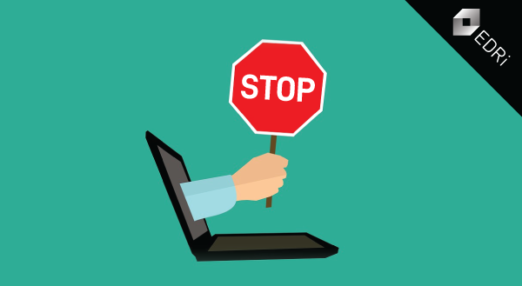
Content regulation – what’s the (online) harm?
In recent years, the national legislators in EU Member States have been pushing for new laws to combat negative societal phenomena such as hateful or terrorist content online. These regulatory efforts have one common denominator: they shift the focus from conditional intermediary liability to holding intermediaries directly responsible for the dissemination of illegal content on their platforms.
Read more
